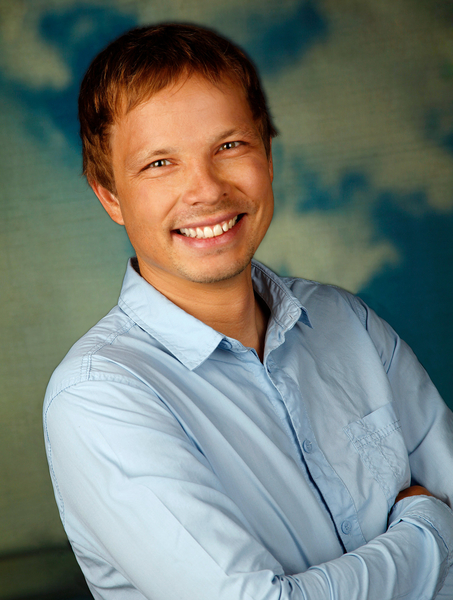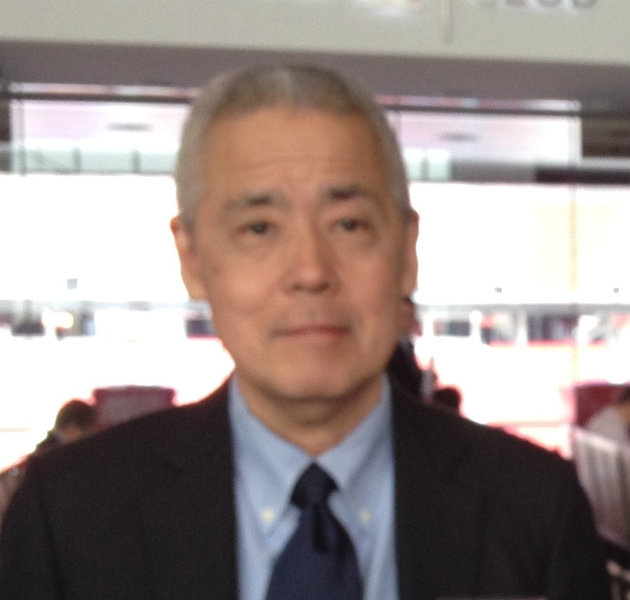Objectives
Translational medicine refers to biomedical research that seeks to facilitate the application of scientific discoveries towards medical care, procedures and policies of health of individuals and the community. We seek to bring together researchers in cardiac imaging, computational cardiology, pharmacology and cardiologists and bring the work of each participant closer to the central idea of exploiting the "translation" of knowledge. During the meeting:
● The researchers will present their developments, highlighting the medical motivation and the potential of "translation".
● Cardiologists will describe their ongoing collaborations where "translation" is present. Also, they will expose problems that could be solved through potential collaborations. In this way, discussions will be established at the end of each session.
Who is it for?
● Researchers in computational cardiology
● Researchers in Medical imaging.
● Researchers in molecular biology and pharmacology focused on the cardiac muscle.
● Project Managers of biomedical research centers, hospitals and private organizations.
●Technicians and managers of companies in the sector: manufacturers of imaging equipment, medical measuring devices, treatment, diagnosis and data acquisition.
● Technicians and managers of companies in the medical software sector.
● Pharmaceutical industry focused on the cardiovascular system.
Topics
All topics should have an important integration component in biomedical research environments. The topics are the following:
● Computational mechanics in cardiology: electrophysiology, tissue computational mechanics, electromechanical coupling, perfusion, etc.
● Image processing in cardiology.
● Experimental models in-vivo and in-vitro in cardiology.
● Clinical and industrial translation
● Marta Renato Sánchez, RES
The Spanish Supercomputing Network (RES) provides supercomputing resources to researchers through open, competitive calls. In this talk, I will explain the procedures to get access to RES supercomputers and the available resources. Also, I will give a response to the most common doubts for users and applicants.

Dr Marta Renato Sánchez (RES Projects Coordinator): I work in BSC Operations Department. I am in charge of managing the progress of RES projects and the RES communication plan. I also give support to the European project HPC-Europa3.
● Christoph M. Augustin, Medical University of Graz
Personalized in silico models of total heart function. Image-based models of cardiac function are a highly promising approach to comprehensively and quantitatively characterize cardiovascular function in a given patient. Increasingly these models are moving towards detailed simulations of human hearts and show potential to play a pivotal role in future precision medicine as a method to stratify diseases, optimize therapeutic procedures, predict outcomes and thus better inform clinical decision making. This presentation will describe our ongoing work on creating patient-specific simulations from clinical data and will address the following key challenges: expensive computational models must be made efficient enough to be compatible with clinical time frames and generic models must be specialized based on clinical data, which requires complex parameterization and data assimilation procedures.

Christoph M. Augustin is a Marie Sklodowska-Curie postdoctoral fellow at the Medical University of Graz (MUG) in Austria. Most of his research activities have been carried out at the Institute of Biophysics at the MUG in the computational cardiology lab of Prof. Gernot Plank and the Department of Mechanical Engineering at UC Berkeley in the computational fluid mechanics group of Prof. Shawn Shadden (2016-2018). He is one of the main developers of the CARPentry Modeling Environment and co-founder of a medical technology startup. His main research interests include multi-physics problems, in particular the electro-mechano-fluidic modeling of the heart, and their simulation using high-performance and massively parallel computing.
● Seiryo Sugiura, UT Heart
UT-Heart, a multi-scale, multi-physics heart simulator. In the presentation, I will introduce our approach for the development of an in silico heart. Following the overview of the simulator, its wide range of applications including R&D of drugs and devices, and tailor-made medicine will be presented.

He graduated from the School of Engineering & the School of Medicine, The University of Tokyo. After that he worked mainly at the University Hospital as a cardiologist and, in 2002, joined the team UT-Heart for the development of a multi-scale, multi-physics heart simulator.
§Barcelona Supercomputing Center, Barcelona, Spain
♯ ELEM Biotech, Barcelona, Spain


